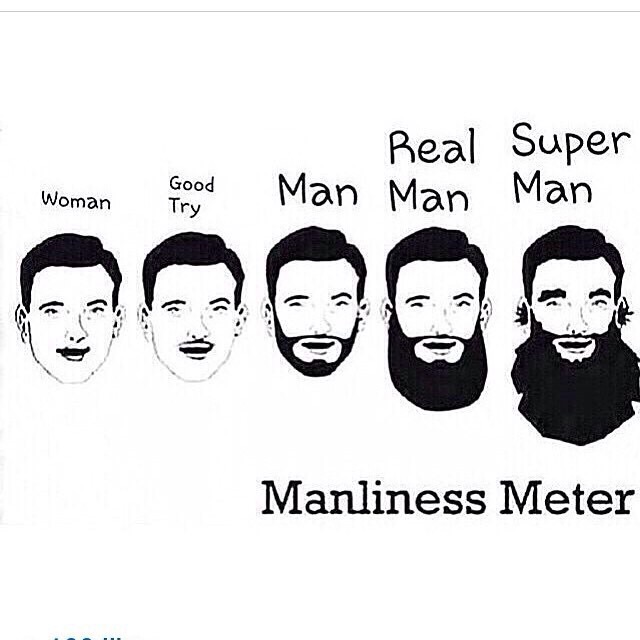Written by Change Makers, as part of our “What does being a man mean to you?” blog series. Submit your responses to [email protected]!
 When I was younger, my parents used to tell me to stop crying whenever I cried, the sole reason being that I was a boy. At my kindergarten, children were treated differently based on gender. Even at that age, I felt a distinct sense of unease. Being a child who was not as raucous and outgoing as most other boys, I often felt like I did not belong. In one incident that I remember, I wore my sister’s old shoes to school as my usual pair was damaged. The shoes was mostly white, but had a pink lining. Almost immediately, a boy inquired about the reason for my wearing “pink-coloured shoes”.
When I was younger, my parents used to tell me to stop crying whenever I cried, the sole reason being that I was a boy. At my kindergarten, children were treated differently based on gender. Even at that age, I felt a distinct sense of unease. Being a child who was not as raucous and outgoing as most other boys, I often felt like I did not belong. In one incident that I remember, I wore my sister’s old shoes to school as my usual pair was damaged. The shoes was mostly white, but had a pink lining. Almost immediately, a boy inquired about the reason for my wearing “pink-coloured shoes”.
I was also often told that I had to get a well-paying job because I would be a man in the future. I’m sure most people have had similar experiences being judged by others. Ironically, it is often family that enforces gender norms most harshly, causing conflict and anguish.
Why can’t people, regardless of gender, be looked upon as what they are – people?
In my view, things are improving. But there is still a lot to be done, and it starts with every single person.
– Chin Jia Yi
 How many times have you ever been told to “be a man” or to “man up”? Being a man in today’s society entails being strong, independent and successful. Being a man to me has always simply been being of the male sex but to some it means so much more. People expect men to be leaders. Advertisements everywhere teach us from a very young age what the ‘ideal man’ should look like. Pictures of muscled men with six-pack abs are all too common on fashion magazines and billboards. An ideal man has defined muscles and rugged good looks.
How many times have you ever been told to “be a man” or to “man up”? Being a man in today’s society entails being strong, independent and successful. Being a man to me has always simply been being of the male sex but to some it means so much more. People expect men to be leaders. Advertisements everywhere teach us from a very young age what the ‘ideal man’ should look like. Pictures of muscled men with six-pack abs are all too common on fashion magazines and billboards. An ideal man has defined muscles and rugged good looks.
However, the reality remains that some men are unable to conform to these expectations. There is more to being a man than being strong, dominant and emotionless. I have experienced first-hand many of my peers trying to fit in, constantly feeling insecure about themselves. Why do we have to behave and look just like everyone else?
– Aahan Gopinath Achar
I do not try to change what other people think of me regarding my gender. I do not care unless it negatively affects my relationships with others, nor do I try to preach my views every time someone made an offhand remark. It is not worth the effort and usually fails anyway, so it is not worth the trouble. But if someone else feels upset because of an inappropriate comment, I will readily speak up against gender stereotyping and take a stand.
– Nguyen Nhat Minh
On countless occasions, I am told to “man up”, to not show weakness. I think people who say that are hypocrites who twist the truth of manhood to fit their warped idea of who they think a man should be. There is no single definition of man no matter how hard we think, agonize and struggle over this abstract concept. So then why do we continue to impose these gender roles on others?
– Joshua Sum
There is societal pressure for men to put on a strong front in spite of hardship, reinforcing a pretty but false picture where men are more rational than women simply because they are men. I still remember when crying in school was looked down upon, since “boys don’t cry”. When men show vulnerability among their peers, they are subject to judgment. I just happen to be male. If expressing human emotion is only natural, why is there a double standard?
– Muhammad Syazwan Bin Ramli